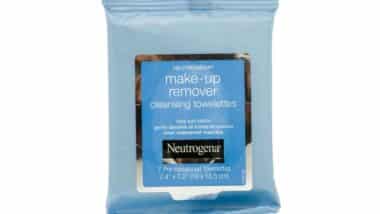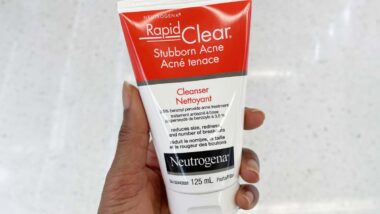 Johnson & Johnson, along with staffing agency Kelly Services, faces a potential class action lawsuit over allegations that the companies violated the Fair Credit Reporting Act (FCRA) by not providing a background check report to a potential employee before deciding not to hire.
Johnson & Johnson, along with staffing agency Kelly Services, faces a potential class action lawsuit over allegations that the companies violated the Fair Credit Reporting Act (FCRA) by not providing a background check report to a potential employee before deciding not to hire.
Lead plaintiff T. Jason Noye claims he was offered a job at Johnson & Johnson and was officially offered the position in writing on Feb. 11, 2015. He accepted it the same day. Two days later Noye allegedly received a disclosure form from Kelly Services regarding a pending background check.
The Johnson & Johnson class action lawsuit states that Noye disclosed that he had been convicted of a crime on the application and Kelly informed him that he passed the initial screening process on Mar. 10, 2015. Three days later, Noye claims that Kelly Services let him know that Johnson & Johnson would not be hiring him based on the background report obtained from Yale.
Noye said he fully admitted to having one conviction of defiant trespassing but he alleges Yale misreported four other summary offenses as misdemeanors, which he claims cost him employment with Johnson & Johnson.
According to the Johnson & Johnson FCRA class action lawsuit, the defendants violated federal law by not allowing Noye to look at the background check prior to the decision not to hire him. Under the FCRA, individuals are allowed the right to examine a consumer report so they have the opportunity to correct any errors before an adverse decision is made.
Noye claims that he asked for a letter explaining why the job offer was revoked but was never given a copy of his background check which was a violation of his FCRA rights.
In addition, the Johnson & Johnson class action lawsuit claims that the FCRA was further violated by not disclosing in writing to the subject what the consumer report would be used for. Noye alleges that Johnson & Johnson revoked the job offer without giving him a chance to dispute the findings of the background check.
The background check class action lawsuit contends that by allowing consumers to see the report before a final employment decision is made, FCRA “arms the nation’s millions of job applicants with the knowledge and information needed to challenge inaccurate, incomplete, and misleading criminal background reports.”
Noye claims that the FCRA violations entitle him as well as future Class Members to statutory damages ranging between $100 to $1,000, as well as punitive damages.
If approved, the Johnson & Johnson background check class action lawsuit would be open to all U.S. Class Members who were the subject of a consumer report within the last five years and had a similar experience with either Johnson & Johnson or Kelly Services regarding an adverse employment decision. The plaintiff believes this could include thousands of potential Class Members.
Noye is represented by James A. Francis, David A. Searles and John Soumilas of Francis & Mailman PC and by Marielle R. Macher of Community Justice Project.
The Johnson & Johnson FCRA Class Action Lawsuit is Noye v. Johnson & Johnson, et al., Case No. 1:15-cv-02382, in the U.S. District Court for the Middle District of Pennsylvania.
ATTORNEY ADVERTISING Top Class Actions is a Proud Member of the American Bar Association LEGAL INFORMATION IS NOT LEGAL ADVICE
Top Class Actions Legal Statement
©2008 – 2026 Top Class Actions® LLC Various Trademarks held by their respective owners This website is not intended for viewing or usage by European Union citizens.















One thought on Johnson & Johnson Hit With FCRA Class Action After Job Denial
I was denied a job